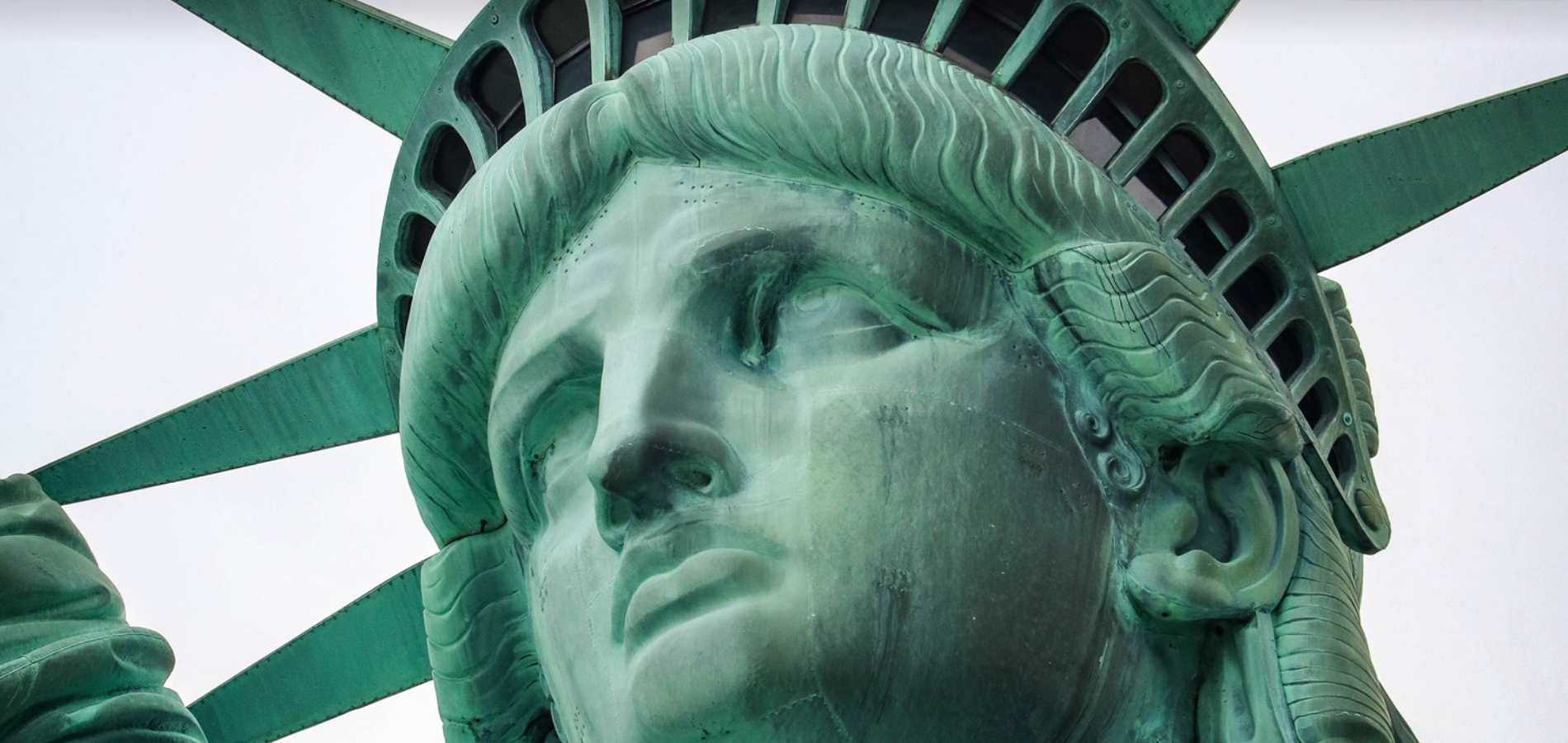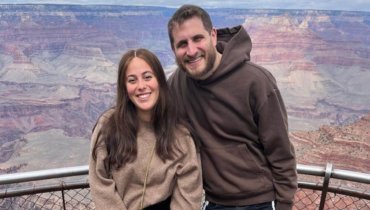The Professional Tennis Player Who Became An Orthodox Jew
Having once beat a player ranked 18th in the world, pro tennis player Yosef Gershon spent years working on serving the ball, but at 20 years old, he began to serve God as well! Far too often, people feel that their personal passions and their Jewish observance cannot coexist. The choice, however is not always so black and white and Yosef Gershon is a prime example of this.
Born in Queens and raised in a secular family, Yosef was learning how to play tennis by the age of three. While training day in and day out at the encouragement of his father, Judaism played a very small role in his life, growing up in a household where “We would go to shul once every couple years.” For Gershon and his family, hard work and determination were the driving forces in life, “but as far as any spirituality or any type of following Halacha, it was really close to zero.”
By the time he was twelve, Gershon was competing on the amateur tennis circuit and after years of dedication and practice, eventually worked his way up to beat the eighteenth ranked tennis player in the world. Regarding the transition from activity to full-on profession, Gershon describes it as “a commitment level, adapting to the mindset, saying now I’m going to pursue this as a professional career not a hobby.” For three years he continued to rack up wins and momentum but before he made his way into the major tournaments he decided to make a drastic change in his life. At the age of twenty-three, Gershon left the professional tennis circuit and dedicated his life to becoming an observant Jew. As he puts it: “I was right there on the threshold and that was where I stopped.”
Unfortunately, many people who are not raised in an observant home develop negative stereotypes of Orthodox Judaism, yet Gershon had an entirely different outlook. “My perspective on the religious community was really positive, I always felt drawn to the religious culture. I always thought there was something there, a certain type of serenity and certain type of peace of mind.” When a friend invited him to a Shabbos in Los Angeles, Gershon was awestruck with the beauty and the connection that he felt to his heritage and his spiritual side. “My whole life I had this willingness to connect to G-d and live a more spiritual life, I just never had the tools. Once I went to shul and started keeping some of the halachas, specifically putting on tefillin and keeping Shabbos, I realized these are the tools to make the next step and strengthen that connection.” After this experience, Gershon moved to Florida and enrolled in Yeshivas Torah Or where he learned for over two years. It certainly was not easy leaving the competitive world of professional sports behind, but for him “it was really more of a question about what is most important to me at this point in my life.”
His story however does not end there, Gershon has recently been making a push to get back into the world of professional tennis even though finding the balance between observance and professional sports can be quite challenging. “At first, it seemed like something impossible, something so farfetched, how can you make something so physical like tennis and bring spirituality into it?” Gershon has developed a much more nuanced and positive outlook on it. “I’m doing not only what I believe in, my faith, but also what I love to do as an individual.”
This emphasis on individuality and actualizing one’s potential is a core component of Judaism and is a message that Gershon wants to ensure is conveyed to each and every Jew. “G-d wants his will to be done in all aspects of life, and for me that meant bringing his will down to the tennis courts.” For him, it is a constant growth process, training in the Beis Midrash as well as on the courts and living a life of balance that builds a positive connection between self-expression and religious observance. “G-d gave us our talents not to abandon them, but to use them and incorporate his will and to inspire others to ultimately bring people together.”
If you found this content meaningful and want to help further our mission through our Keter, Makom, and Tikun branches, please consider becoming a Change Maker today.






